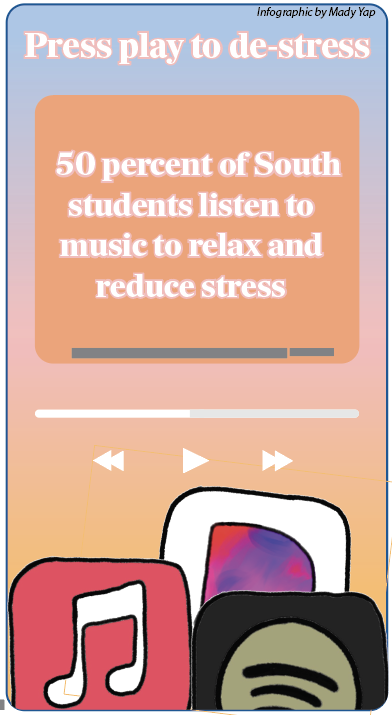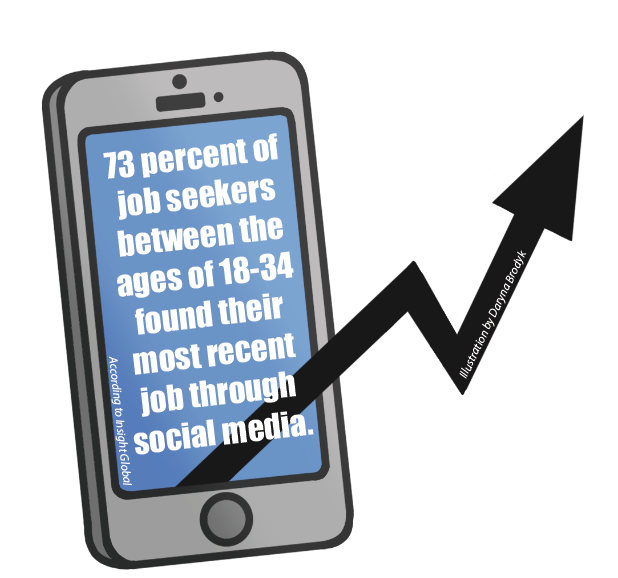Picture this: you are doing a group project with three to four classmates and everyone has their own tasks and responsibilities, but there’s one person that just isn’t pulling their weight. This person might be a random classmate, but it could also be a close friend or someone you’ve known for a while. So, you find yourself torn about whether you should keep the peace and not make things awkward, or if you should say something because after all, their actions affect you too.
There are many ways someone could handle this situation. A more confrontational person might have the guts to simply say: “Hey, could you maybe, I don’t know, do your part?” While someone more passive might just do the work themselves and resent them internally.
However, neither of these approaches really solve the issue, which is getting the person to actually understand the importance of accountability.
It’s important to recognize that it is not what you say, but rather how you say it. In an article by Psychology Today, Dr. Kristen Fuller highlighted that the way we use your language is precisely what draws the line between shame and accountability. Things like name-calling or harsh ultimatums just for the sake of conveying your anger at the situation are forms of shaming.
Accountability, on the other hand, is calling somebody out not for the sake of scoring points, but as a way to hold them to higher standards and encourage them to fix their mistakes and grow, Fuller explained.
This can be applied to other situations too—if someone makes a joke that goes too far or said or did something behind your back. The argument is not what matters, it’s getting the other person to see our side and motivating them to be able to take ownership of their words and actions.
Know when you are wrong and have the courage to admit it.
Moreover, don’t be afraid to encourage others to take accountability, as long as you are conveying it in the right way and for the right reasons.







